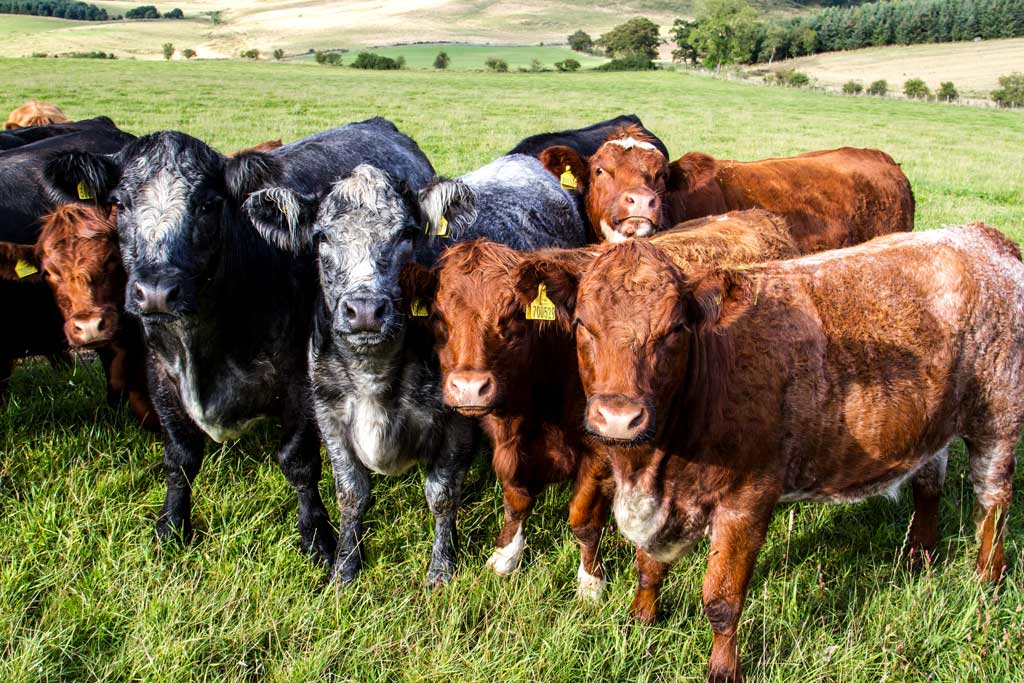
- Soil Association
- Certification
- Food & drink
- What is organic certification?

What is organic certification?
What is organic certification?
Any food product sold as ‘organic’ in the UK has to comply with organic regulation requirements written into a set of Standards. Organic certification is a requirement to demonstrate a product or operation has met these legal standards. The Soil Association symbol is a recognised and trusted mark of organic certification internationally, and as a certification body we deliver certification to some of the highest organic standards.
Who is organic certification for?
If you’re playing a part in the supply chain or marketing an organic food or drink product or livestock feed, UK regulations require you to be certified. Activities in the supply chain that require certification include:
- Manufacturing
- Packing or re-packing
- Storing
- Importing
- Wholesaling/trading
- Labelling organic products
- Selling loose produce or zero waste operations
Operations such as warehousing, storage and distribution will also need to be licensed if handling organic products.
Outside of the UK?
If your business enterprise is based outside of the UK, in order for us to certify your products as organic, you’ll need to be certified with the equivalent certification body in the country where your business is based.
What do organic standards cover?
Organic standards apply to all aspects of organic manufacturing and production, storage and sales. The Soil Association Certification organic standards cover the UK’s organic regulations (EC 834/2007 & EC 889/2008 as retained in GB and as applied in the EU if you are in Northern Ireland)) and include some additional, higher standards in some key areas e.g. livestock production, GM, additives and packaging.
Certification involves us auditing your operation to verify how you meet the organic standards. It is therefore important that you have read the standards and are familiar with them. If you have any questions, please contact us, we’re more than happy to answer them.
What’s involved?
There are some key areas that you’ll need to consider when thinking about applying for certification, such as:
- Your supply chain
- Record keeping
- Labelling your products
- Product composition
- Separation when processing and storing
- Importing
-
Why Certify With Us?
Find out about the wide range of business support we offer.
Find Out More

